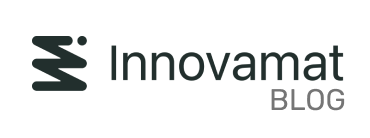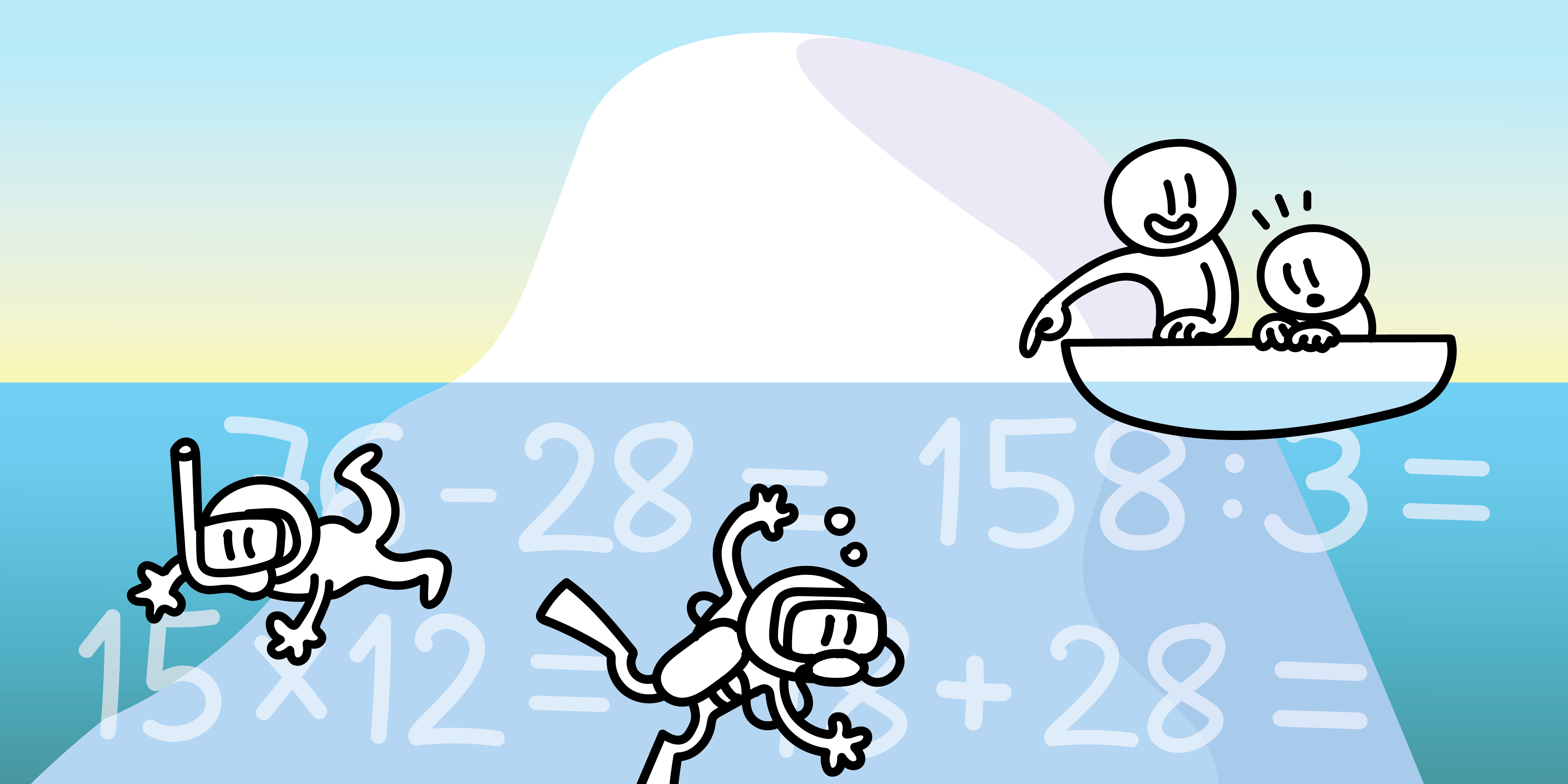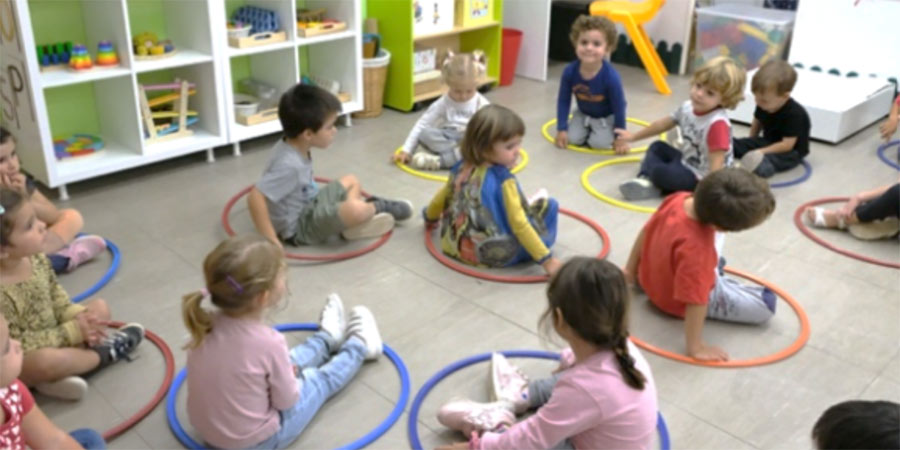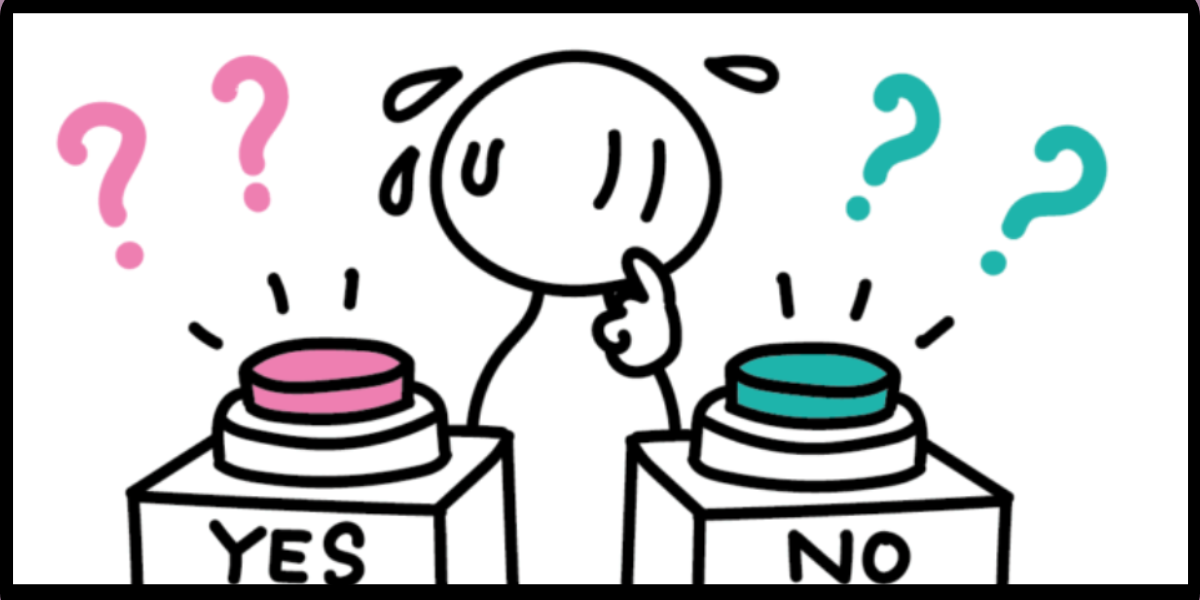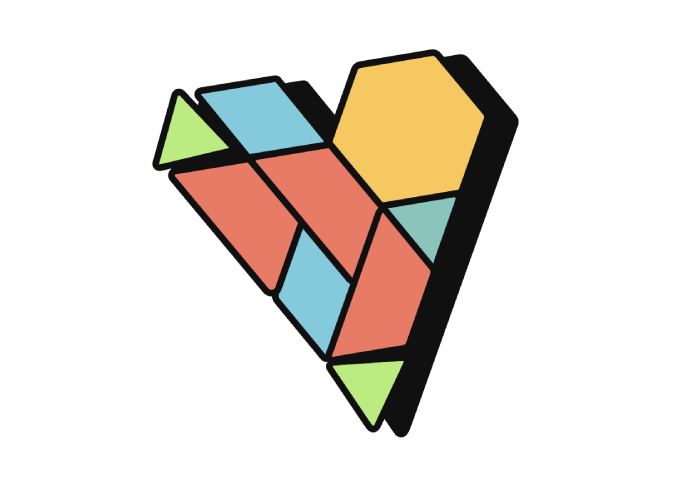Table of Contents
The teaching profession is a complex profession that is far from straight forward. This is because it is not about passing on knowledge, but about getting students — individuals with unique circumstances — to learn. This complexity is even more evident today, in a constantly evolving and fast-moving society.
In this context, the know-how of a teacher cannot be understood as a series of technical and mechanical actions. Teaching alone will not provide us with insight if we separate it from thinking. Reflecting on our actions and our experience with a critical eye is key in obtaining and improving our professional teaching ability. As John Dewey said: “We don’t learn from experience, we learn from reflecting on experience.”
The Keys to Reflection in the Teaching Profession
If you are reading this and you’re a teacher or have ever been a teacher, you’ll agree that what you imagine when you prepare a session often bears little resemblance to what actually happens in the classroom. When we have our students in front of us, we are forced to adapt to what happens at that very moment, which will be different to what will happen in the same session with another group, the following hour.
Reflecting afterward on what happened, why it happened, what I did, what caused it, or what would I do if in the future I find myself in a similar situation, is key in filling up our teaching toolbox, fulfilling our teaching contract and being better teachers.

Standing in front of a mirror is never easy, self-assessing or feeling evaluated often generates worries and insecurities, but it’s the best tool for learning. If we don’t take assessment as a fantastic opportunity to build learning, it will be difficult to get our students to do the same, don’t you think? At its core, it is about confronting the profession with an open mind to learning. We are fortunate to be part of a collective with a job that allows us to learn constantly; it is a privilege that we cannot ignore and that many others do not enjoy.
For these learning experiences to be meaningful, we need to connect theory and practice, we need to establish a two-way flow of information between these two often separated realities. And if we create this link with other people, even better. Adding colleagues or other professionals into this reflection allows us to face it from different perspectives, from different attitudes, using different knowledge bases, which ultimately makes it more worthwhile.
Building a Teaching Community to Improve Learning
At Innovamat, we want to help schools in this process of breaking down the distinction between people who are engaged in theory and people who are engaged in practice, to achieve a teaching community based on construction and collaboration for the creation of new knowledge and the improvement of our students’ learning.
In order to encourage reflexive teaching practices, Innovamat started piloting with classroom experiences, in which several people from our teaching team faced real situations and reflected, individually and collectively, on what they wanted to achieve, what they had planned, what ended up happening and why.
A Path to Improving our Teaching Practice
We will continue to create and share experiences like these, but we hope that reading this article will also encourage you to create your own, and to reflect together and learn from them. It is not about implementing what others do, but about using the experiences of others to build and improve our own practice, adapting it to our own professional situation.
Teachers, we have one of the most beautiful jobs in the world and also one that carries the greatest responsibility, let’s never stop reflecting on our teaching practices!
